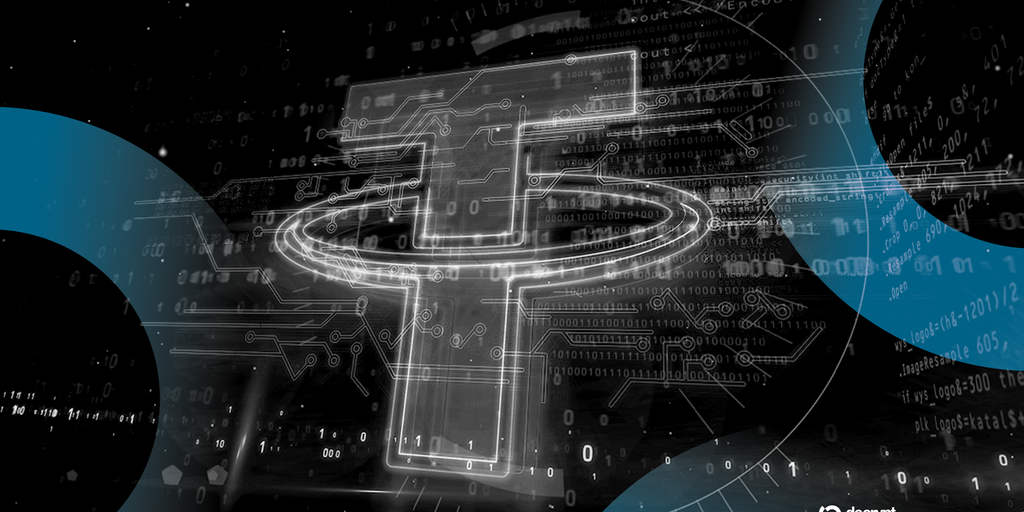Crypto juggernaut Tether is taking aim at Big Tech’s centralized AI dominance with "QVAC," a new platform that it claims will let developers run and evolve AI agents directly on personal devices—no data centers required.
If you think this is the stuff of sci-fi, you‘re right: QVAC, short for QuantumVerse Automatic Computer, takes its name from the AI in Isaac Asimov’s 1956 short story, "The Last Question." In the story, a self-evolving computer named Multivac transforms over time into a god-like being, endlessly seeking a way to stop entropy—until it finally succeeds.
If halting entropy is on the roadmap, then Tether CEO Paolo Ardoino didn‘t say so Wednesday when he tweeted new details about QVAC. Ardoino first announced that Tether was pursuing a decentralized approach to AI earlier this month.
Today, he elaborated, noting that QVAC is designed to run cloudless AI entirely on devices—from smartphones to brain-computer interfaces—with an open-source software development kit planned to be released later this year.
“Artificial intelligence should empower the next wave of growth for society and humanity, not delegate even more control to corporations that own servers and access keys,” Ardoino said.
Ardoino called QVAC the "infinite intelligence platform."
“While Big Tech wants to be the gatekeeper of AI, to squeeze society of any last drop of personal data and information,” he wrote, “at Tether, we realized that if we want to solve the hardest question in the spacetime (‘How may entropy be reversed?’), AI needs to be part of the fabric of the universe itself.”
Tether said QVAC’s architecture is designed to support potentially trillions of AI agents and applications, running across user devices rather than centralized servers. This decentralization aims to remove single points of failure or attack while allowing AI agents to operate autonomously and transact in Bitcoin and USDT.
“With QVAC, developers can use a single framework to build and deploy AI inference and agents across any smartphones, laptops, mainframes, embedded systems, brain-computer interfaces, and a range of other hardware, ensuring that AI applications can function securely and independently, whether connected to a network or operating entirely offline,” the company said.
While AI agents are designed to act without human input, experts warn that these programs can be manipulated to send transactions to bad actors without alerting their programmers.
Although Tether has not revealed QVAC’s release date or cost, the company’s AI ambitions align with a broader movement to challenge the centralized dominance of tech giants like Google, Meta, Amazon, and OpenAI.
“If you need an API key to use your AI, it isn’t truly yours,” Ardoino said. “QVAC is built to change this dynamic, making AI local-first, private, and independent, putting users back in charge of their data, their computation, and their autonomy.”
Ardoino sees QVAC not just as a framework, but as the foundation for a new era of AI evolution—one where intelligence is distributed, autonomous, and free from the control of centralized gatekeepers.
“With QVAC, Tether aims to create the first open and ubiquitous platform powering an unstoppable AI agent ecosystem at the service of humans and machines alike,” Ardoino said. “The era of infinite intelligence has just begun.”
Edited by Andrew Hayward
Your Email










